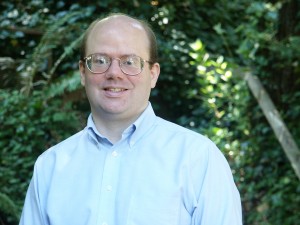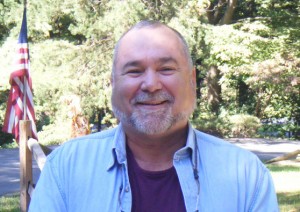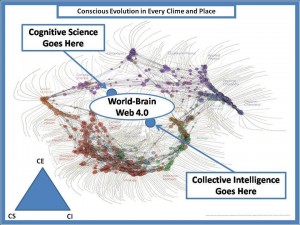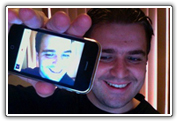
Everybody’s head is a strange universe filled with echos of voices they’ve heard over and over again. Against this, we try to manifest our intentions, to persuade with more voice, more conversation. Sometimes we get through, but even when we get through, we’re often filtered, just as we’re filtering. Is it any wonder that it’s so difficult to build and sustain an effective collaboration?
I’m looking at the ways that we strive to aggregate our attentions, find common ground, and work together. Over the years I’ve approached this through the lens of democracy, or what I’ve referred to as the “democratic intention” to create a participatory process that works. The older I get and the more I think about it, the more I realize that this intention, though we so often profess it, is actually rare. Most of us would really like to assert our self interest, our own preferences, but society is a collision of interests and preferences, we have to give in order to take. In a recent discussion of the book The Evolution of Cooperation by Robert Axelrod, I was struck by the hardwired assumption that self-interest inherently rules, and cooperation is reached most effectively with an understanding of that point, thus the prisoner’s dilemma. In fact, I find that real people are fuzzy on that point, they’re not necessarily or inherently all about self-interest. We’re far more complex than that.
Continue reading “Jon Lebkowsky: Collaboration, Cooperation, Democracy”










